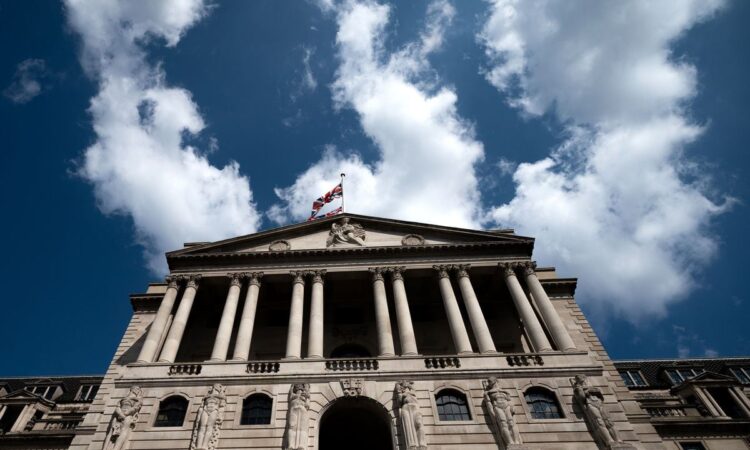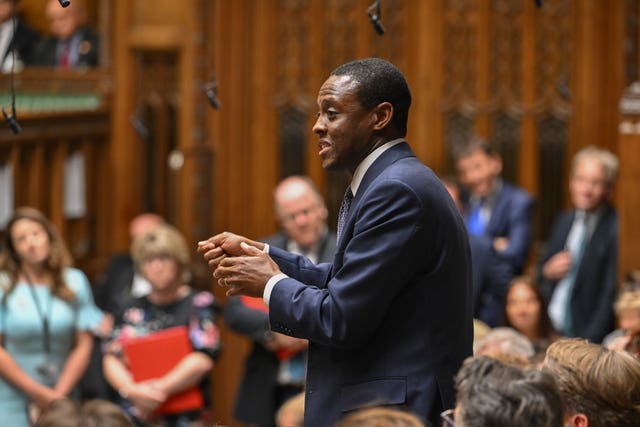
The Bank of England and the Government have said they have not yet decided whether to launch a digital pound after months of gathering feedback from about 50,000 responses.
The Bank and the Treasury launched a consultation in February last year over the so-called central bank digital currency (CBDC).
A design for the system is currently being drawn up, which could see digital money used by households and businesses in the UK alongside cash and bank deposits.
In a response to the consultation published on Thursday, it was revealed that a final decision has not been made over whether to pursue the new currency.
Instead, a decision is set to be made around 2025 at the earliest, once the design phase is complete.
A decision to move forward with the plans could see a prototype digital pound be built, before being introduced to the public by the end of the decade.
It is understood that work on the proposals have cost the Bank between £1 million and £10 million so far.
The consultation gathered the feedback of more than 51,000 people, businesses, think tanks and academics.
Many of those who responded said they had concerns over whether a digital pound could infringe on their rights, given that the currency would be issued and held by the central bank.
“The Bank and HM Treasury recognise the strength of feeling on these matters and the need to build public trust in a digital pound”, the response read.
The Government has therefore said it would need to introduce new laws before a digital pound could be launched, in order to prevent the state and the central bank from accessing people’s personal data and so users would have freedom in how they spent their money.
Legislation would not be introduced until at least next year.
Designs are currently being drawn up, but it is likely that the digital pound could be used in a similar fashion to a current bank account, and people’s money would be stored in a “digital wallet”.
It is not expected that the currency will pay interest in the early days of any potential rollout, and there is likely to be an initial limit of between £10,000 and £20,000 that people can hold.
Economic secretary to the Treasury Bim Afolami said: “We are at an exciting time of innovation in money and payments, and we want to ensure the UK is ready should a decision to build a digital pound be taken in the future.
“This is the latest stage in our national conversation on the future of our money – and it is far from the last.

“We will always ensure people’s privacy is paramount in any design and any rollout would be alongside, not instead of, traditional cash.”
Sarah Breeden, deputy governor for financial stability at the Bank of England, said: “We know the decision on whether or not to introduce a digital pound in the UK will be a major one for the future of money.
“It is essential that we build that trust and have the support of the public and businesses who would be using it if introduced.”





